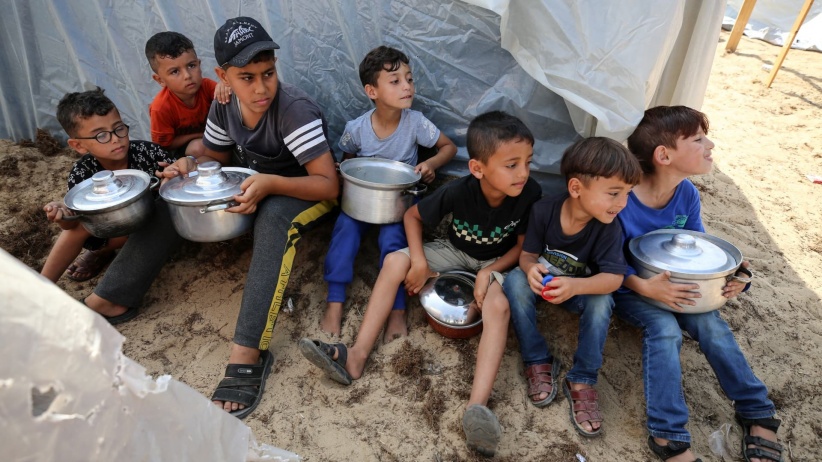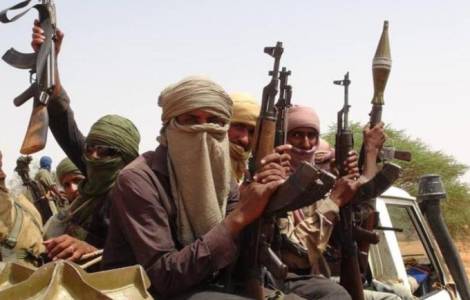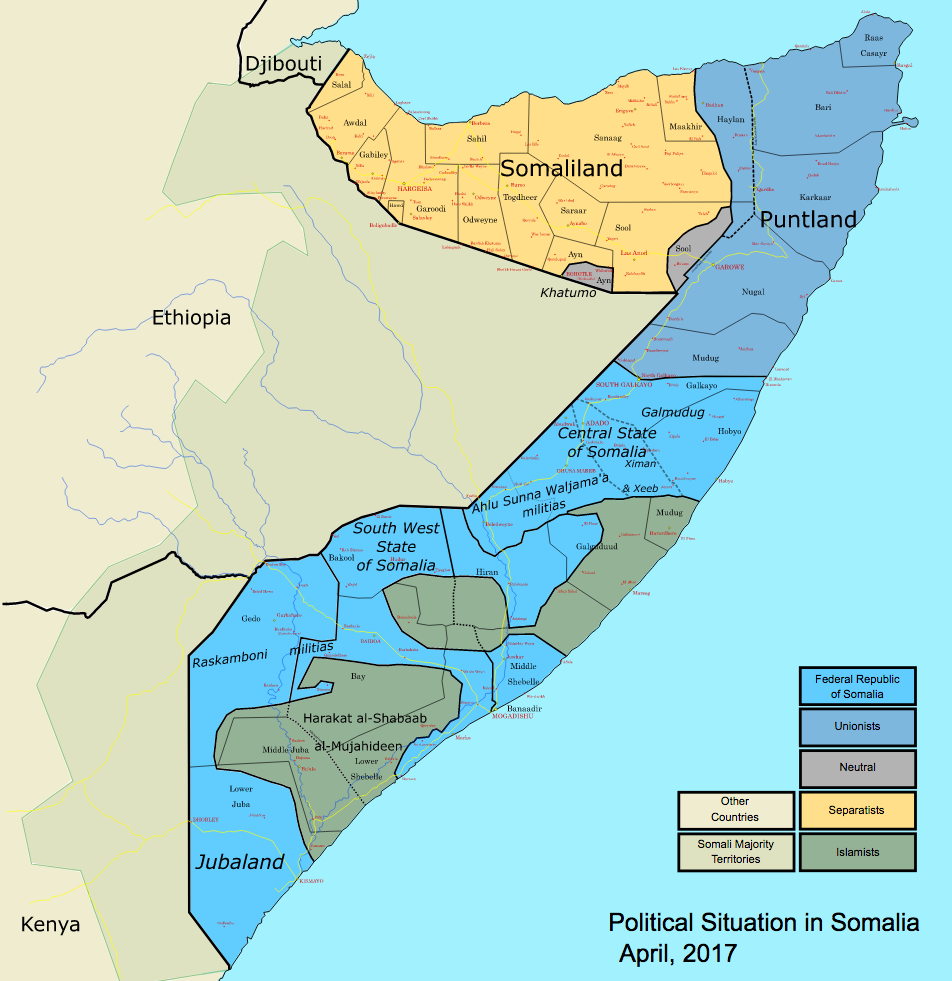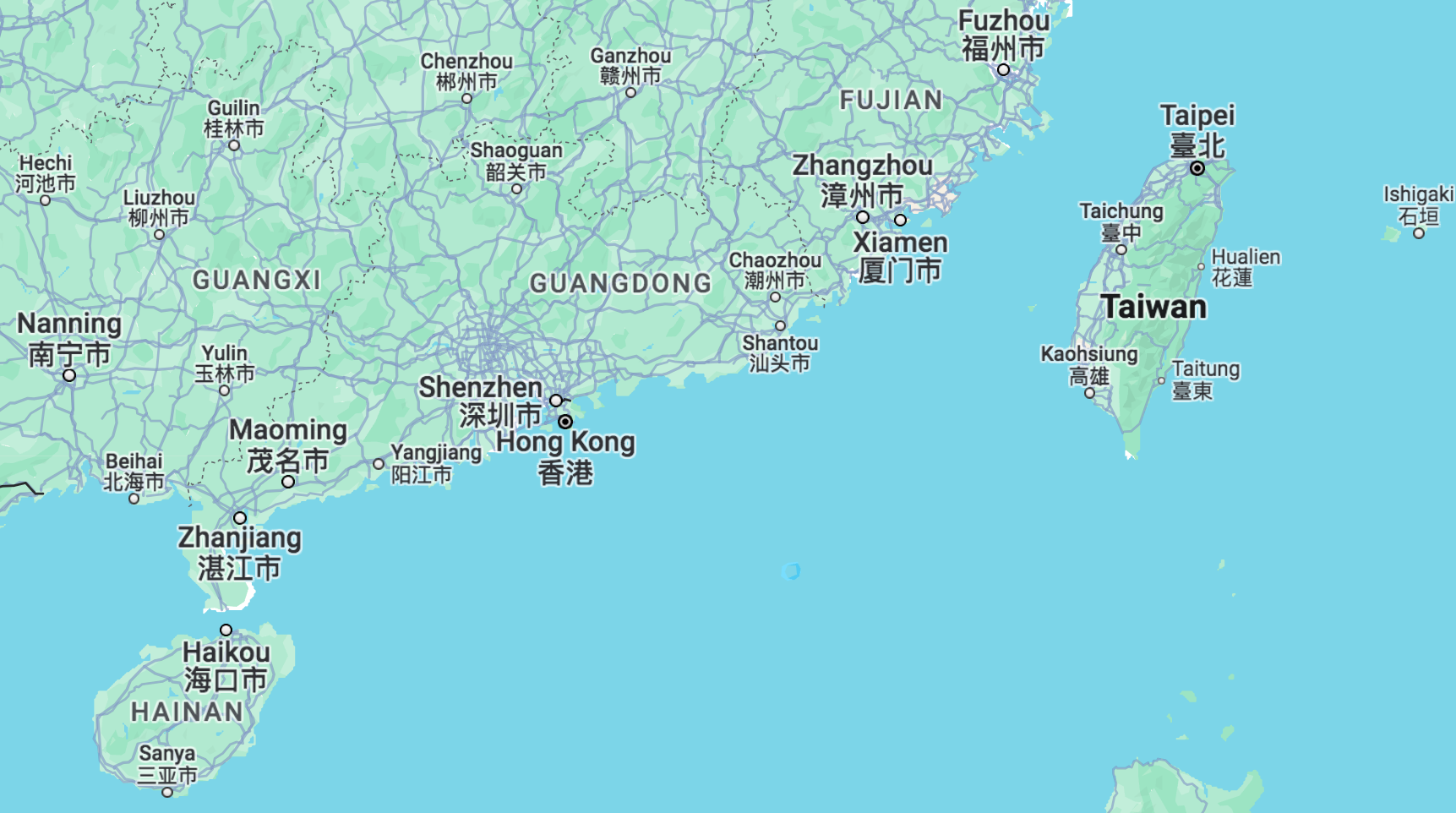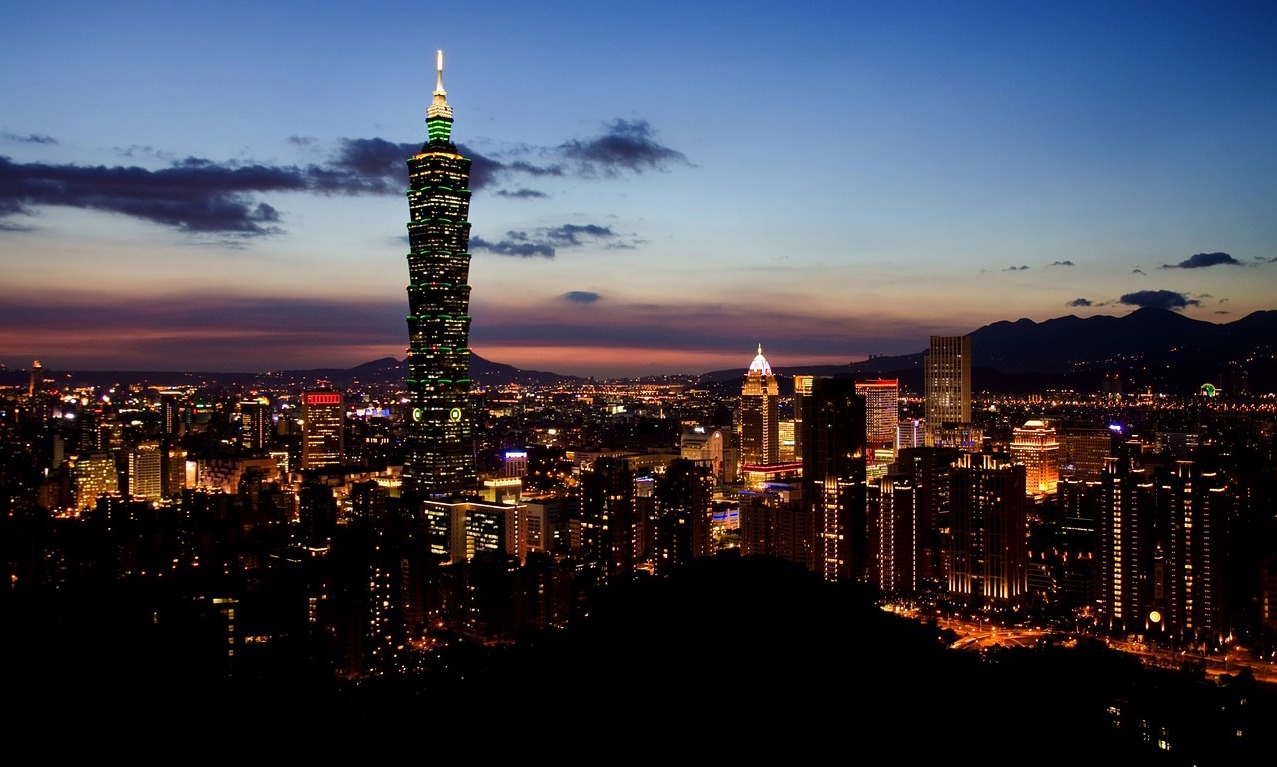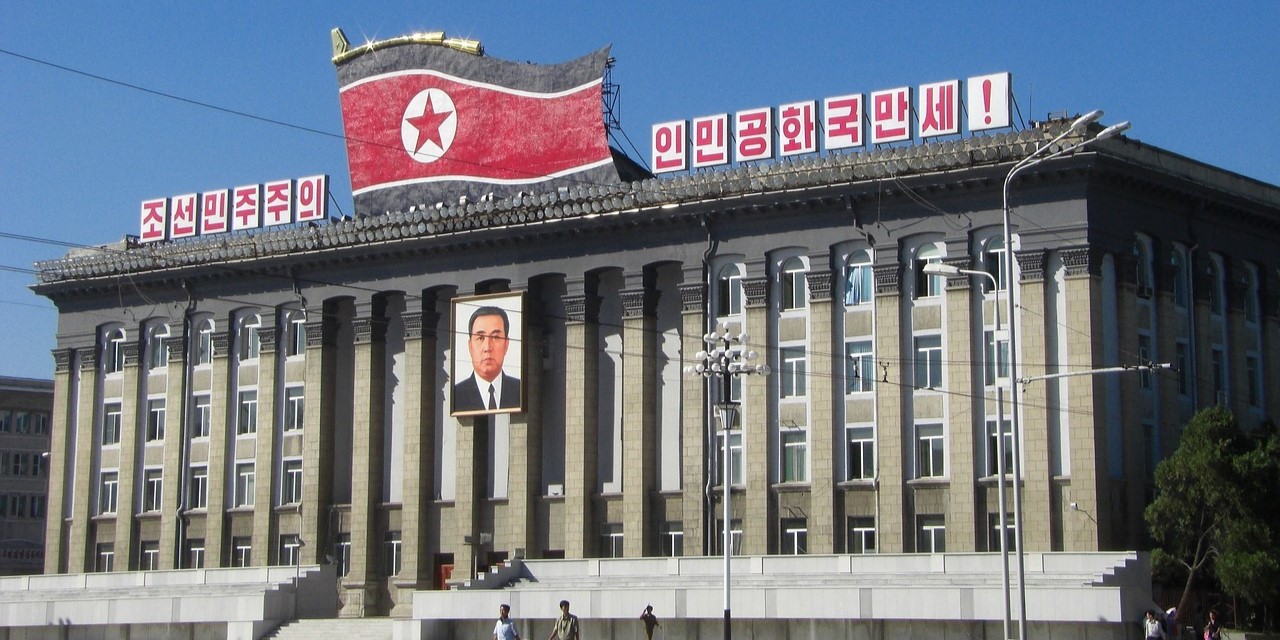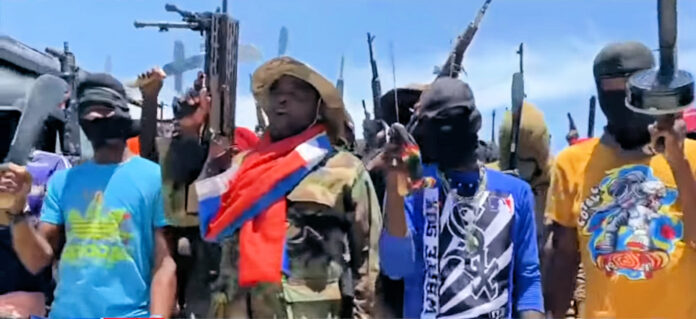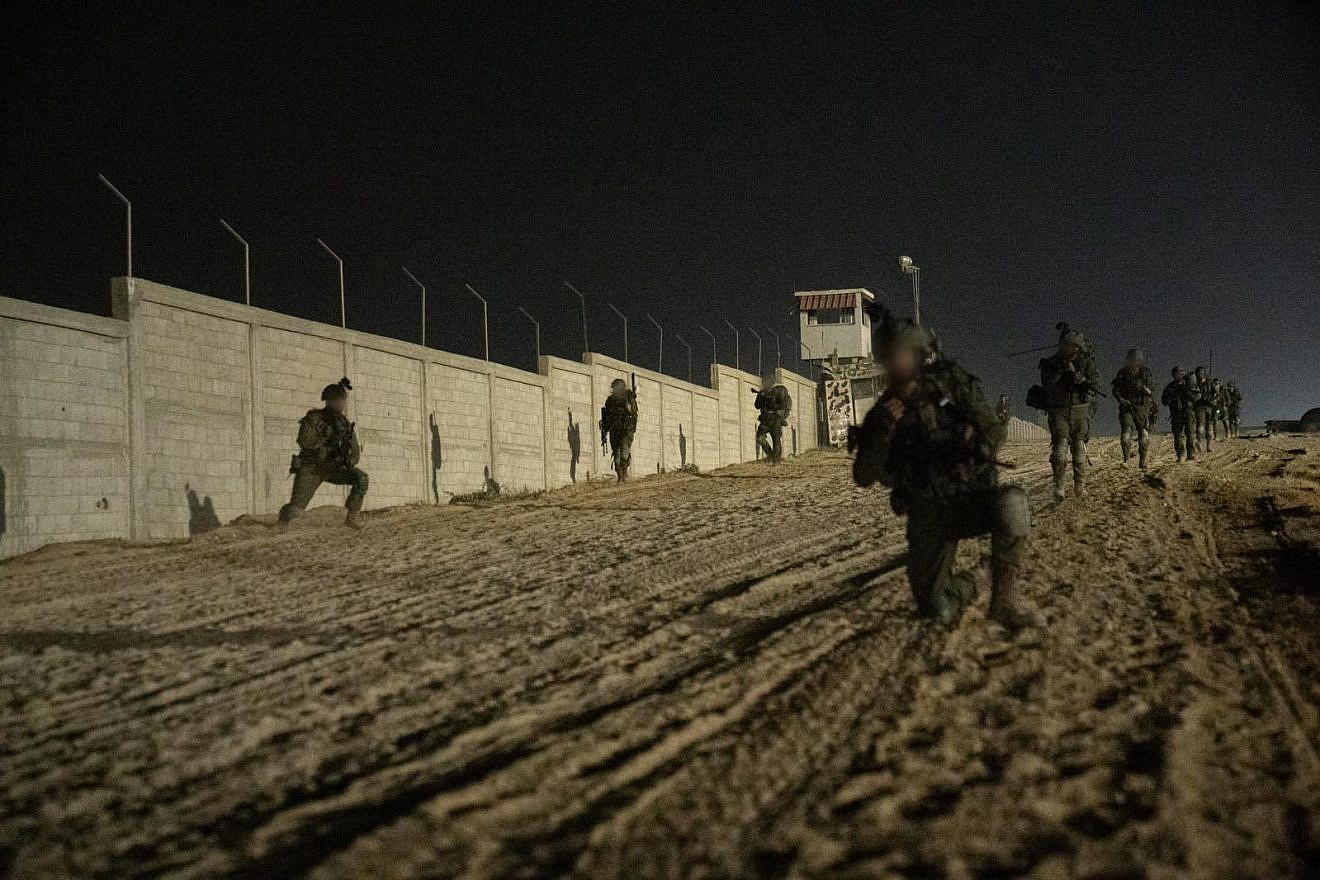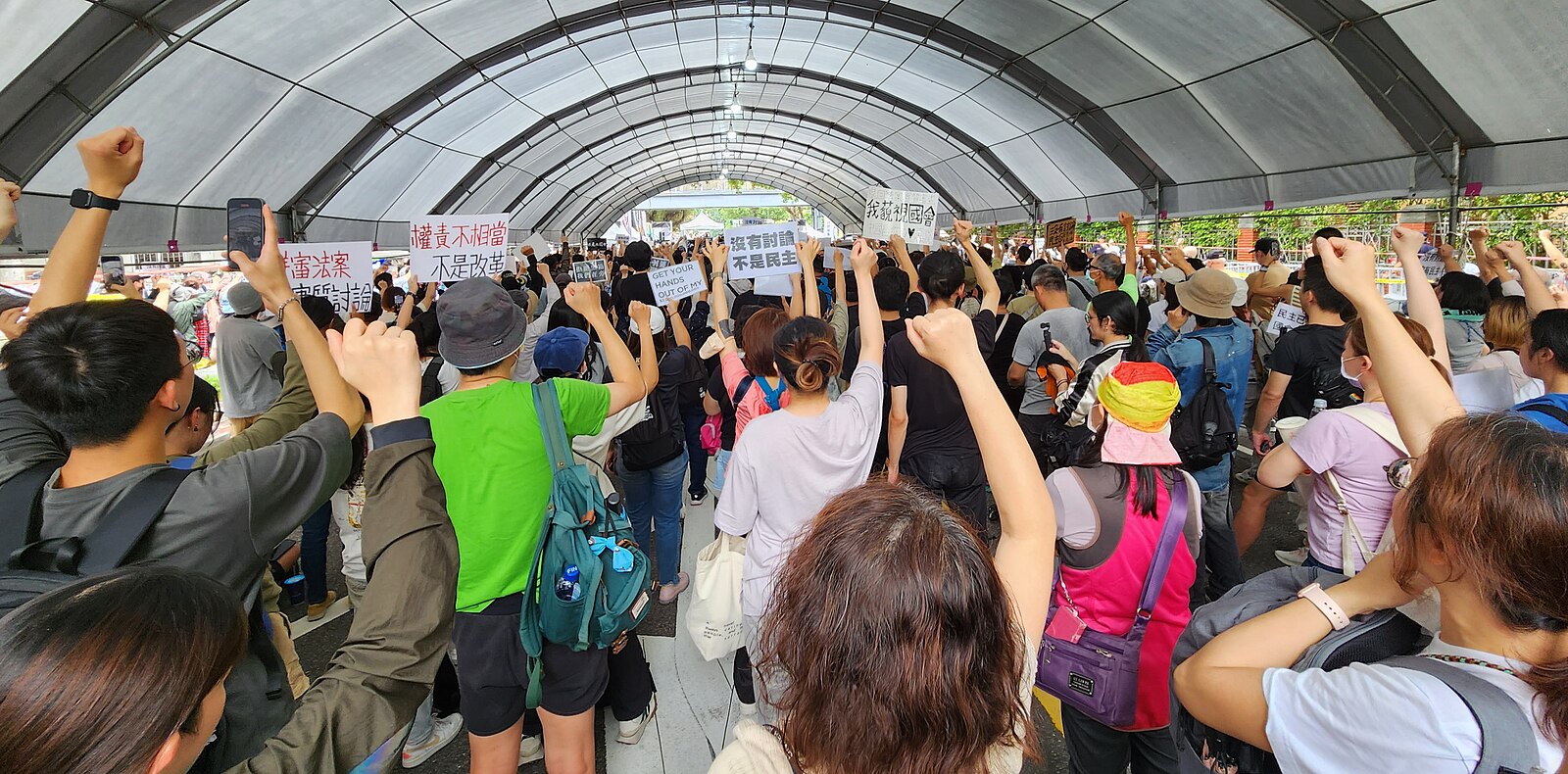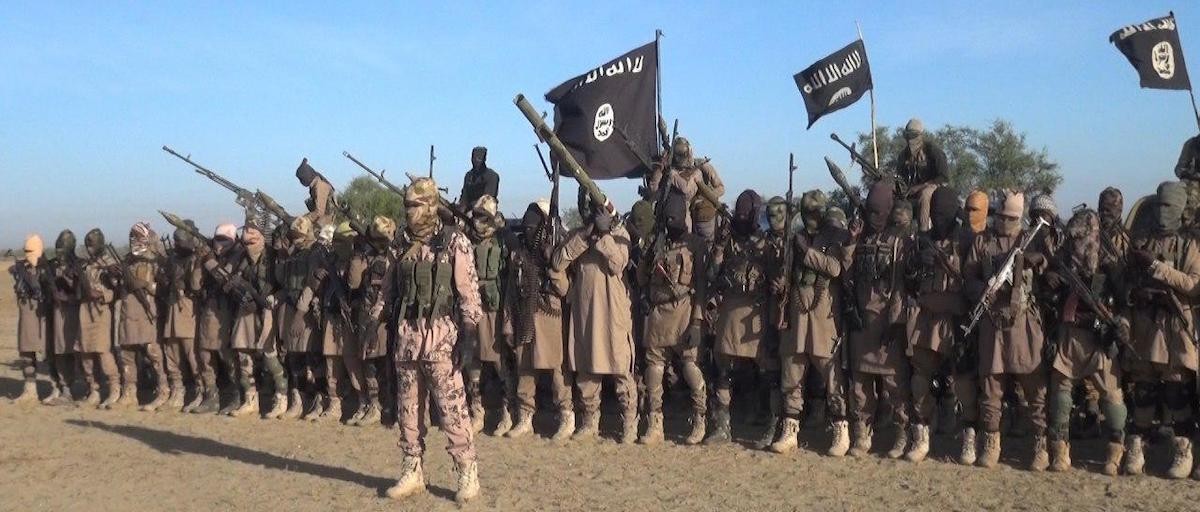
ISIS franchise claims Nigeria massacre
At least 81 people were killed in an attack by militants on the village of Mafa, in Nigeria’s northeastern Yobe state. A statement listing grievances against the village was left at the scene in the name of Islamic State West Africa Province (ISWAP), a Boko Haram splinter group. The attack appears to have been in revenge for villagers alerting the military to the insurgents’ presence in the area—which lies on a smuggling route to ISWAP bases in the Lake Chad region. (Photo: ISS Africa)



